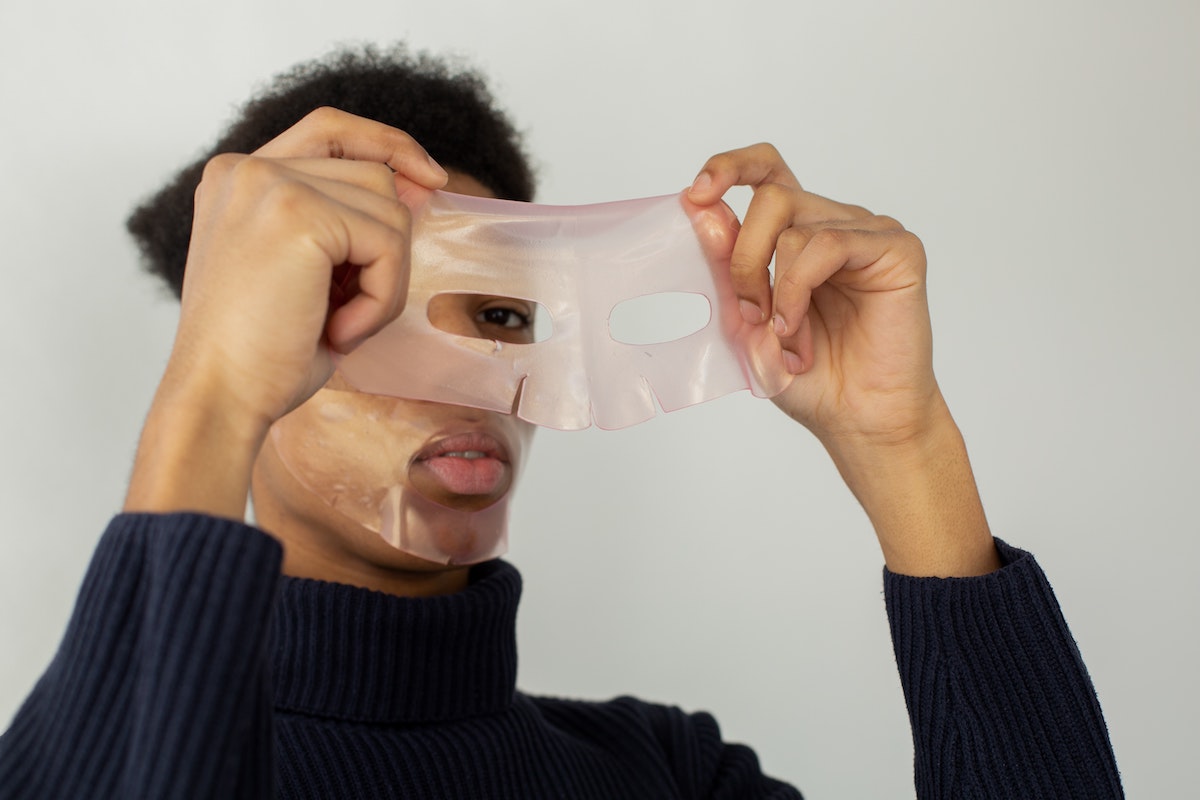There’s often a hyper-focus on women’s skincare. Blame the lifestyle magazines and marketing pros. However, men also have concerns, and a new study is bringing them to the forefront.
A new report, Augmenting the Beauty Consumer Journey in 2023, from Finnish beauty technology company Revieve is shedding light on the differences between men and women regarding skincare concerns and behaviors.
Both genders have similar overarching goals and pain points. According to the report, people are primarily concerned with wrinkles, under-eye bags, and acne, regardless of gender.

“The differences in skin concerns between male and female users correlate to what we see in the dermatology field,” Helen Robertshaw, the dermatology advisor at Revieve, said in a press release. “Overall, both user groups are concerned about aging because one’s skin appearance reflects a person’s health and well-being – and wrinkles are the most notable sign of this. In addition, younger looks are associated with attractiveness — so it is not surprising that people focus on treating wrinkles.”
Still, there were some gender-related differences. Male users were likelier to describe their skin as oily, while most women reported having combination skin. Female users were more likely to engage with AI skin analysis tools (77% of women vs. 69% of men).
Revieve’s report also showed that online selfie analysis helps users feel more confident purchasing more products. The add-to-cart rate is 86% higher for selfie-takers than their non-selfie-peers. What’s more, self-takers take more purchase-related actions.
“We are seeing a massive shift in commerce forcing the beauty industry to transition towards relationship commerce,” Sampo Parkkinen, the CEO at Revieve, said in a press release. “This means getting to know your customers individually and continuously providing a personalized brand experience. Our latest report unveils how deep into a customer’s skin AI and AR-powered solutions can get.”
While some of the report is aimed more at the beauty industry, it does reveal some key points: Men have skincare concerns. Furthermore, they are looking for a personalized experience that helps them feel confident choosing products to address problem areas and achieve their desired goals.
In addition to beauty tech tools, some ways you can learn more about men’s skincare so you can make informed decisions include:
- Reading up on ingredients. Do you need hyaluronic acid? Is a retinol product right for you? A little homework on men’s skincare routine pro tips can help you identify products and ingredients you may want to look into adding to your regimen.
- Speaking to a dermatologist. Men’s skincare — like any skincare — is highly personal. A telehealth or in-person visit to a dermatologist can help you sift through the industry jargon.
- Patch test. Even with the best information and advice, skincare is highly personal. Regardless of your skin type or what you read, it’s always a good idea to patch-test a product on a small area of skin for a couple of days. If you don’t notice any irritation, it’s likely good to use.
Finally, you deserve to feel good in the skin you’re in. No product is guaranteed to fix every issue — and you can’t avoid aging — but the right information can give you a chance to find the products best suited for you.



